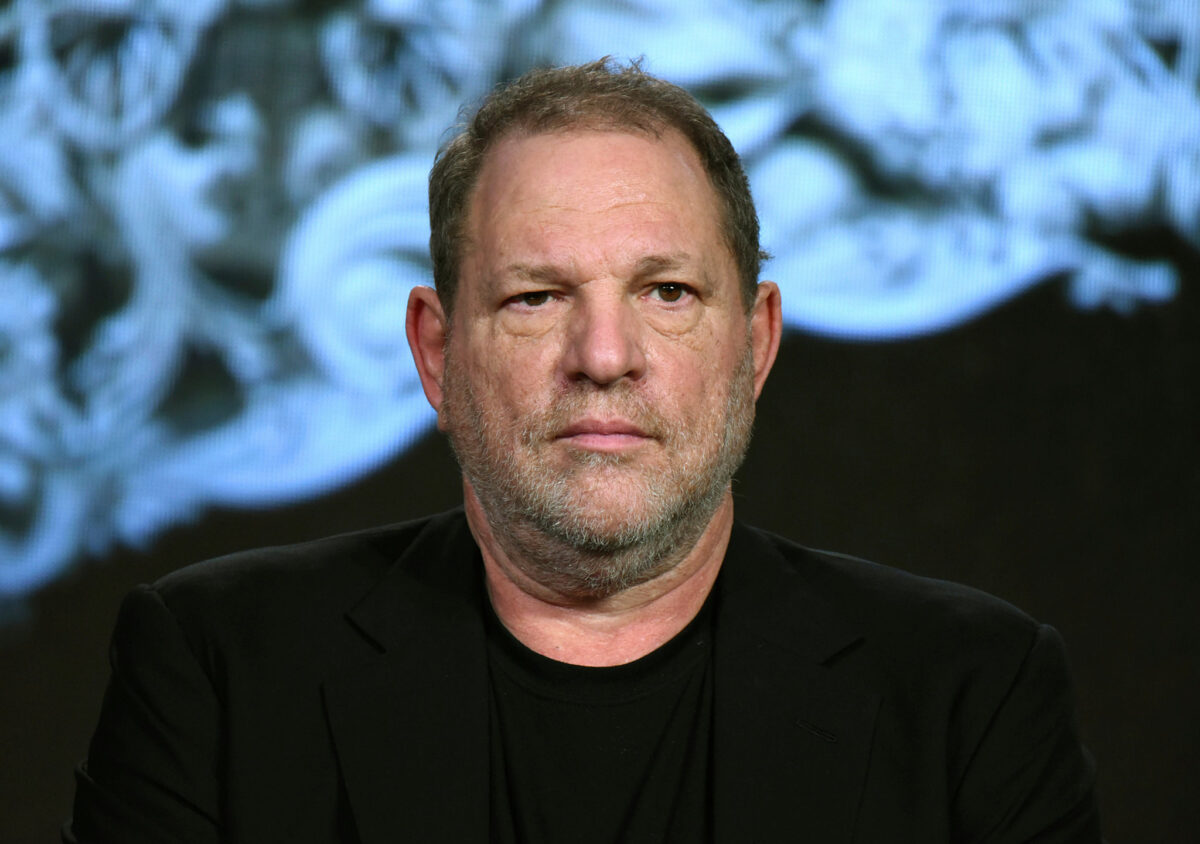New York’s top court has overturned Harvey Weinstein’s 2020 rape conviction, citing the judge’s “egregious” errors during the groundbreaking #MeToo trial. The errors included allowing testimony about allegations not directly related to the case. The court’s decision was split 4-3, stating, “We conclude that the trial court erroneously admitted testimony of uncharged, alleged prior sexual acts against persons other than the complainants of the underlying crimes. The remedy for these egregious errors is a new trial.”
This decision rekindles a painful period in America’s confrontation with sexual misconduct among influential figures—a saga that erupted in 2017 with numerous allegations against Weinstein. His accusers might now have to recount their ordeals in court once more.
The majority of the court criticized the inclusion of such testimony as “an abuse of judicial discretion to permit untested allegations of nothing more than bad behavior that destroys a defendant’s character but sheds no light on their credibility as related to the criminal charges lodged against them.”
In a sharp dissent, Judge Madeline Singas accused the majority of “whitewashing the facts to conform to a he-said/she-said narrative,” and criticized the trend of overturning jury convictions in sexual violence cases. “The majority’s determination perpetuates outdated notions of sexual violence and allows predators to escape accountability,” Singas stated.
Despite the overturned state conviction, Weinstein, aged 72, remains incarcerated due to a separate conviction in Los Angeles in 2022, where he received a 16-year sentence for another rape. His New York legal team celebrated the recent ruling as a major win, with his lawyer Arthur Aidala proclaiming, “We all worked very hard and this is a tremendous victory for every criminal defendant in the state of New York.”
However, Douglas H. Wigdor, representing several Weinstein accusers, lamented the ruling as a significant setback in the quest for justice for sexual violence victims. “Courts routinely admit evidence of other uncharged acts where they assist juries in understanding issues concerning the intent, modus operandi or scheme of the defendant. The jury was instructed on the relevance of this testimony and overturning the verdict is tragic in that it will require the victims to endure yet another trial,” Wigdor commented.
This latest development marks a significant #MeToo reversal, following a similar setback with Bill Cosby’s conviction being overturned.
Weinstein, once a dominant Hollywood figure known for producing Oscar-winning films like “Pulp Fiction” and “Shakespeare in Love,” has faced numerous allegations that sparked the #MeToo movement. His 2018 trial attracted widespread attention, with public demonstrations outside the courtroom.
Currently, Weinstein is serving time at Mohawk Correctional Facility in New York. He continues to claim that any sexual activities were consensual. His lawyers argued that the judge in his New York trial allowed excessive and unrelated testimony that unfairly influenced the jury against him.
The Manhattan District Attorney’s office defended the judge’s decisions during the trial, arguing that the additional testimony provided crucial context for the jurors regarding Weinstein’s interactions with women. This case continues to draw significant public and legal scrutiny as it unfolds.

